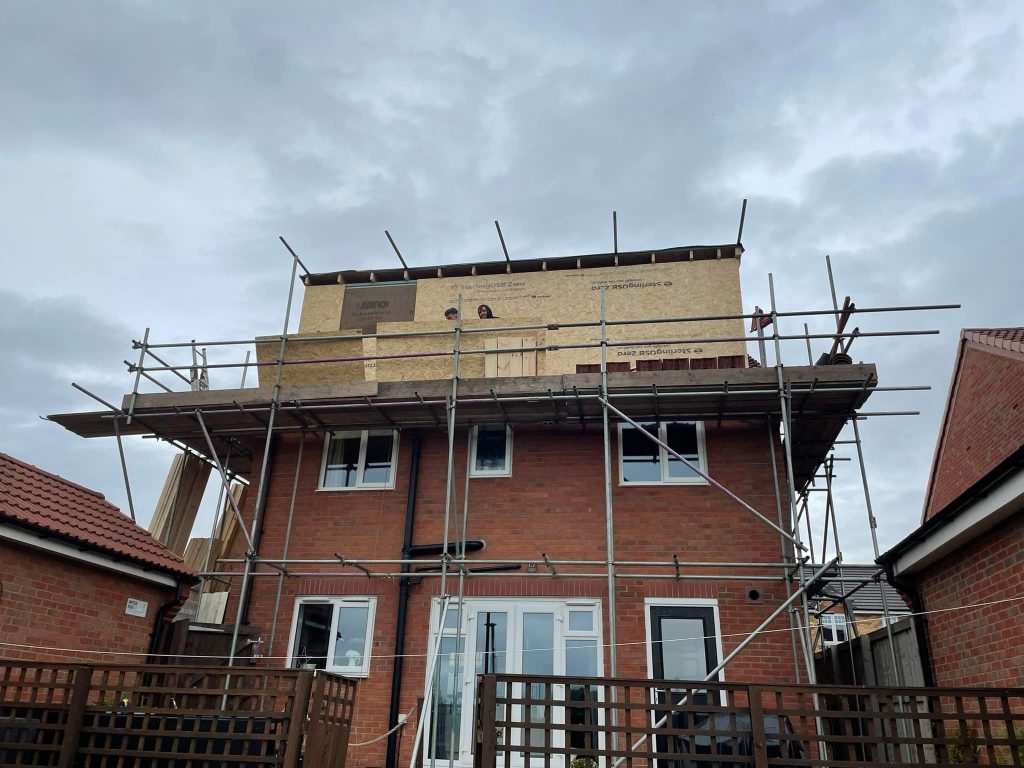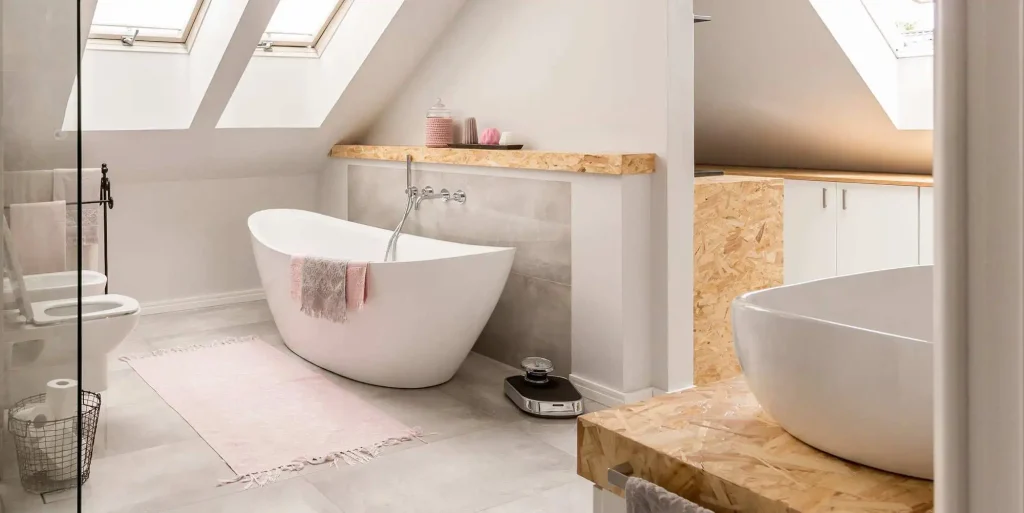Loft conversions have become increasingly popular in the housing market, offering homeowners a valuable opportunity to maximise their living space and increase the value of their properties. In this blog, we will delve into the financial benefits and value addition of loft conversions, exploring how this innovative approach can positively impact your property’s market value and appeal to potential buyers.
Hopefully, this will give a guide on loft conversions, more specifically how they might add value to your home.
Adding Value to Your Property
Loft conversions offer numerous advantages when it comes to boosting the value of your property. According to recent studies, a well-executed loft conversion can increase the market value by up to 20%. This means that investing in a loft conversion not only provides additional living space but also represents a wise financial decision.
The appeal of a loft conversion lies in its ability to offer a versatile living area that can serve various purposes. Whether you transform your loft into a spacious bedroom, a home office, or an extra living area, the added functionality attracts buyers and increases demand for your property. With the ongoing shift towards remote work and flexible lifestyles, the demand for adaptable living spaces has never been higher.
Factors Influencing Value Addition
Several factors contribute to the financial upside of loft conversions. Firstly, the location and local housing market trends play a significant role. In areas where space is limited and demand for housing is high, a loft conversion can significantly enhance the value of your property.
Secondly, the size and design of the loft conversion are crucial. A well-designed conversion that optimises available space and incorporates practical features can command a higher price in the market. Additionally, the quality of materials used and the level of workmanship contribute to the overall appeal and value of the conversion.
Lastly, compliance with building regulations and obtaining necessary permissions is vital. Ensuring that your loft conversion adheres to local regulations not only avoids legal complications but also instils confidence in potential buyers, making your property more attractive in the market.
Cost Considerations
While loft conversions offer excellent value addition, it is essential to consider the costs involved. The typical expenses for a loft conversion include structural changes, insulation, plumbing, electrical work, and interior finishes. However, it is worth noting that the cost of loft conversion is generally lower compared to alternative methods of expanding living space, such as building an extension or relocating to a larger property.
Various financing options are available to homeowners considering a loft conversion. These include personal savings, home improvement loans, remortgaging, or even government-backed schemes. Consulting with financial advisors and exploring these options can help you find the most suitable approach for financing your loft conversion project.
Tips for Maximising the Financial Upside
To maximise the financial upside of your loft conversion, it is crucial to consider a few key factors. Firstly, tailor the design to suit your target market. Whether it’s a family-oriented space, a contemporary home office, or a luxurious bedroom, understanding the preferences of potential buyers can ensure your conversion appeals to the right audience.
Optimising the design to make the best use of available space is equally important. Clever storage solutions, efficient floor plans, and well-placed windows can enhance the functionality and overall aesthetics of your loft conversion, making it more attractive to buyers.
Moreover, maintaining consistency in style and design between the existing property and the loft conversion is essential. A harmonious blend ensures a seamless transition between spaces, creating a cohesive and appealing atmosphere.
Lastly, it is advisable to seek professional advice and work with reputable contractors for your loft conversion project. Experienced professionals can guide you through the process, provide valuable insights, and ensure that the conversion meets all necessary standards and regulations.
Conclusion
Loft conversions offer a significant financial upside by increasing the value of your property while providing additional living space tailored to modern lifestyles. The versatility of a loft conversion, along with the growing demand for flexible living arrangements, makes it a wise investment choice.
By carefully considering factors such as location, design, and compliance, you can optimise the financial benefits of your loft conversion. While costs are involved, the overall return on investment and improved quality of living make loft conversions an attractive proposition for homeowners looking to enhance their properties.
If you’re seeking to add value to your home and create a functional living area, consider exploring the potential of a loft conversion. With the right planning, professional guidance, and a well-executed project, you can transform your loft into a desirable space that not only caters to your needs but also adds significant value to your property.
Get in touch with us today for more information on our services.





